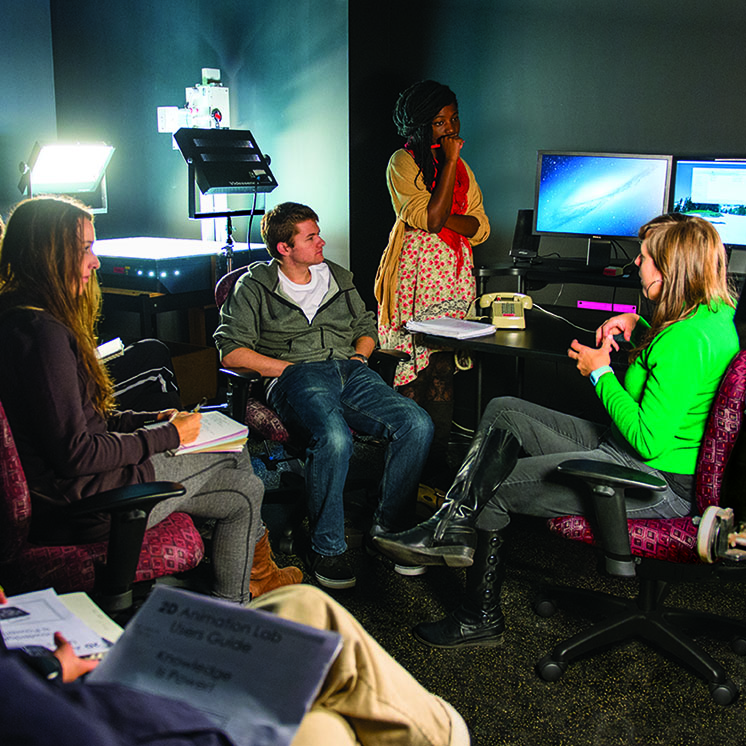Place and Displacement
REVISED
Fall 2015 and Winter 2016 quarters
Taught by


For at least the past two centuries, the world has been remade by the increasingly vast movements of peoples away from homes and homelands and into the dense, heterogeneous publics of world cities. In this program, we will seek to understand the complex reasons for these movements and the racial, class, and identity struggles within the plural spaces, sites and societies they have engendered. Looking at global histories of the nineteenth and twentieth centuries, we will ask how emerging empires enabled new kinds of identities and borders, both national and ethnic, and consider the ongoing economic, linguistic, demographic, and military processes that have alienated or uprooted millions of people from their native lands. We are especially interested in how, in the face of various kinds of violence—structural, epistemic, genocidal, or everyday—people have responded actively to repair torn communities, find new collaborators in urban spaces, and restore a sense of place and belonging.
Our two quarter program will consider a range of historical and contemporary contexts for our inquiry into place and displacement. We will explore various global sites—Indonesia, Vietnam, the Baltics, the Caucasus, the U.S./Mexico border, and North Africa/EU frontiers —to understand the workings of colonial and post-colonial power relations and their effects on human dwelling and movement, looking at labor migrations, exiles, human trafficking, border policing, and other forces. We will study how kinship ties and foodways foster the cohesion of immigrant communities, noting the countervailing forces—such as schooling and inter-generational strife—that have divisive effects. In our studies of the United States, we will explore the Great Migration from the American South to the urban centers of the North in the mid-twentieth century, as well as the ruins and racisms faced by urban people of color in the present. The Pacific Northwest will be central to our inquiry throughout the program, serving as a local site for our historical and ethnographic studies. We will especially consider Native American regional presence and cultural persistence; the arrival of Asian, African, and Latin American immigrants and refugees in the Pacific Northwest arising from the dislocations of the cold-war and transnational circuits of labor; and the various internal displacements of homeless youth in Seattle and Olympia.
The program will be reading and writing intensive, providing intermediate to advanced studies in history, anthropology, geography, and urban studies. We will also think about how the complexities of hybrid urban communities can be approached through the work of landscape and urban design, taking into consideration the formation of urban spaces around sites like memorials and marketplaces. Students will learn a range of techniques for close empirical study of place and displacement: ethnographic fieldwork, oral history and audio recording, archival research, material culture studies, and mapping. In fall quarter, we will embark on a three night field trip to Seattle to consider how the city has been shaped by a range of migrations and by intensive, ongoing processes of gentrification. In winter quarter, students will complete a major research project and/or internship work centered in the Pacific Northwest, or in other locations in the U.S. or abroad.
Program Details
Fields of Study
Preparatory for studies or careers in
Location and Schedule
Campus location
Olympia
Schedule
Offered during: Day
Advertised schedule: First winter class meeting : Tuesday, January 5 at 12pm (Sem II C3105)
Books
Online Learning
Required Fees
Internship Possibilities
Revisions
| Date | Revision |
|---|---|
| December 18th, 2015 | This program will accept new enrollment with signature. |
| November 17th, 2015 | Winter fee reduced. |
| April 15th, 2015 | New fall-winter opportunity added. |
 my.evergreen.edu
my.evergreen.edu

 Fall
Fall  Winter
Winter